This article has been published in partnership with Merino Industries.
Sustainability isn’t an end goal, it is a mindset. This philosophy is championed by Merino Industries Limited (MIL), one of the world’s largest manufacturers of decorative laminates, restroom cubicles, modular furniture and surfacing solutions. Their commitment to eco-friendly energy alternatives sets a precedent for other industries on how operations can be conducted without harming the environment.
According to Mr Prakash Lohia, CMD, Merino Industries, the transition from conventional energy sources like fossil fuels to green alternatives has not been without challenges. However, the key lies in implementing measurable changes at every stage of operation, he says.
This is where the ‘Nirmal Sustainability Program’ steps in. The initiative is thoughtfully designed and catalyses Merino’s commitment to becoming a sustainable and responsible industry. The programme hinges on scaling business growth alongside societal prosperity and pro-environmental efforts.
With a laser focus on increased utilisation of green energy, water conservation, air pollution reduction, circular economy, waste recycling, large-scale plantation, and the implementation of organic manure in agro-farming, the company is attempting to achieve the overarching goal of continuously reducing its carbon footprint.
A commitment to eco-consciousness
Merino strives that wealth is generated with minimalistic harm to the environment. To understand how it is achieving this, it is crucial to take a look at its ‘Triple Bottom Line Framework’ that encompasses three key dimensions — Environmental, Social, and Financial impacts. Success follows when each parameter is scaled in parallel to the other. Excellence lies at the convergence of economy and sustainability, they believe.
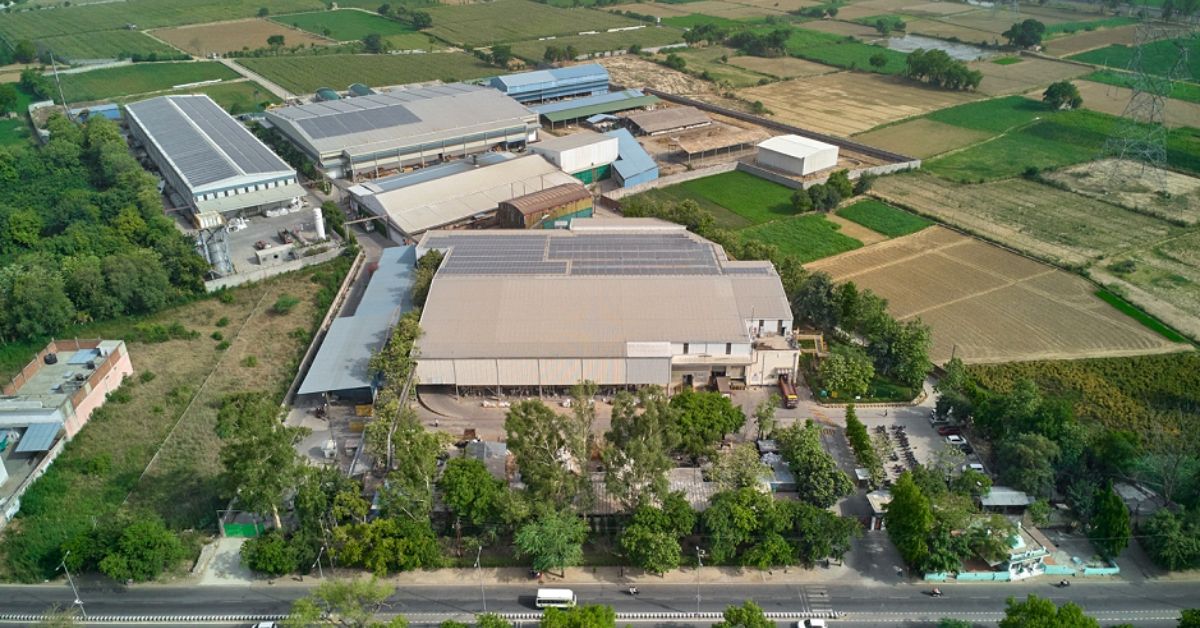
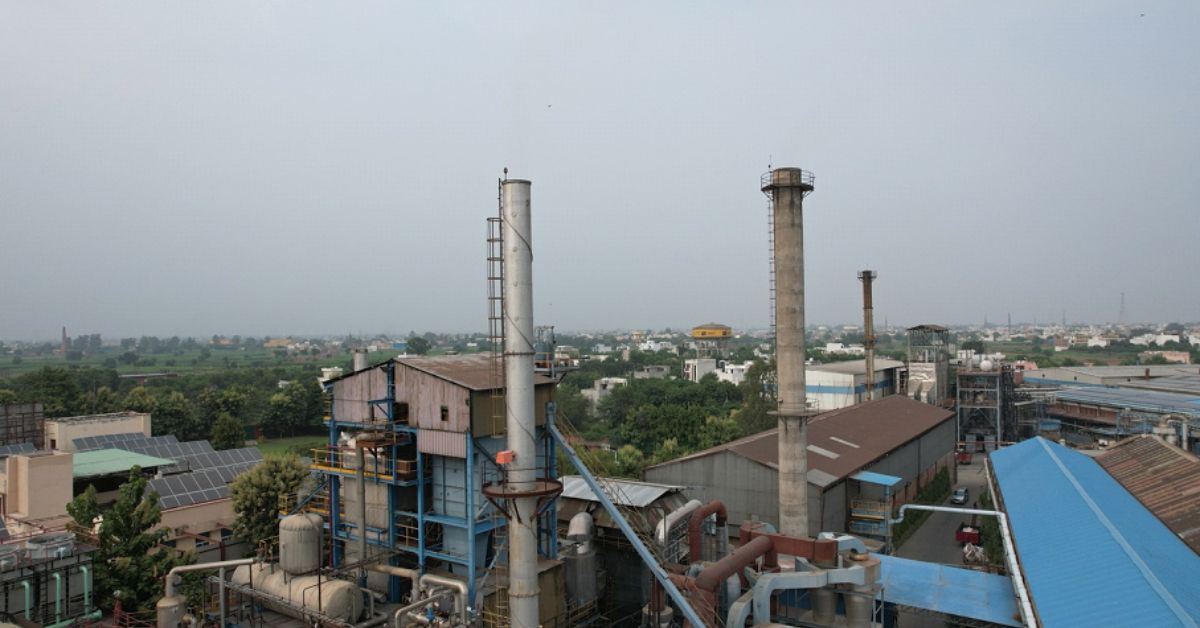
The ‘Nirmal Program’ ensures that every aspect of the environment — Bhūmih (soil), Apah (water), Analah (fire), Vayu (air), and Aakasha (space) are impacted positively even as Merino makes strides as an industry.
But this eco-friendly paradigm shift is not something recent. Merino Industries has long embraced eco-consciousness. Their five-decade-old commitment views planet-friendly practices as an “inseparable part of economic activity”. And, the success of these strategies is evident. Merino has managed to meet 75 percent of its energy needs through renewable/ non-fossil fuel sources.
Mr Lohia highlights a three-pronged approach that paved the way to this achievement.
A trio of sustainable solutions
The key to driving holistic growth in energy efficiency while transitioning to green fuels is to first identify the energy sources and then select alternatives from locally available, year-round options, Mr Lohia explains. “For any manufacturing or processing unit, energy is key. Most of our processing operations were traditionally dependent on fossil fuels, coal, or imported gases.”
However, as Merino Industries gradually shifted to more eco-friendly options, it was clear that reliance on fossil fuels could be brought down. This was the first step in their three-pronged approach.
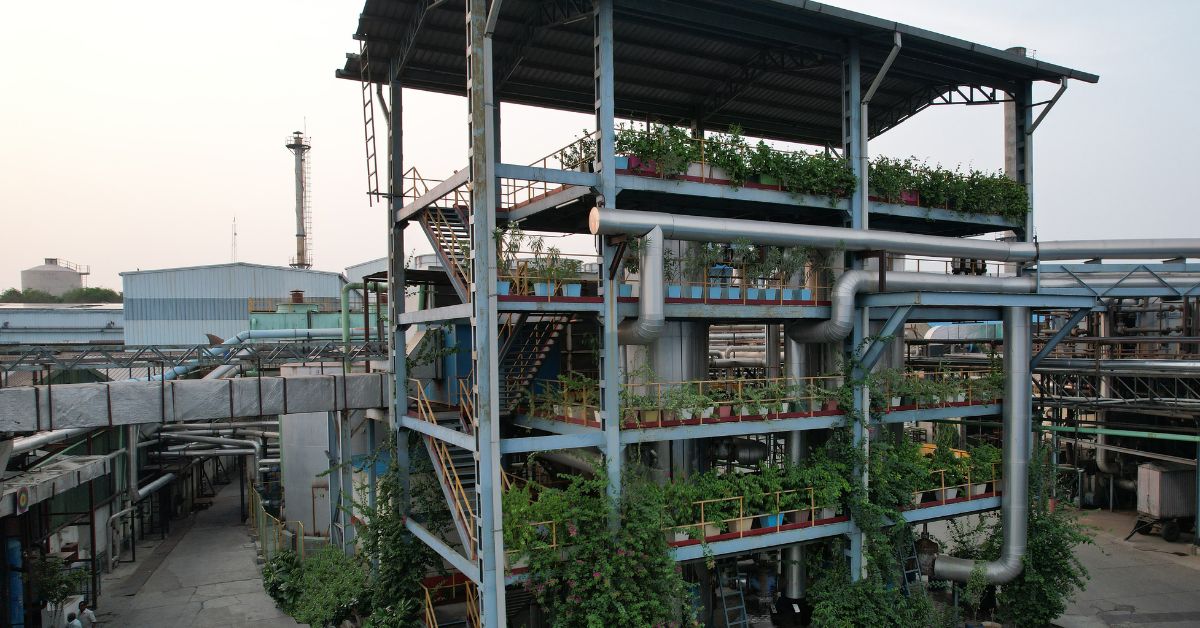
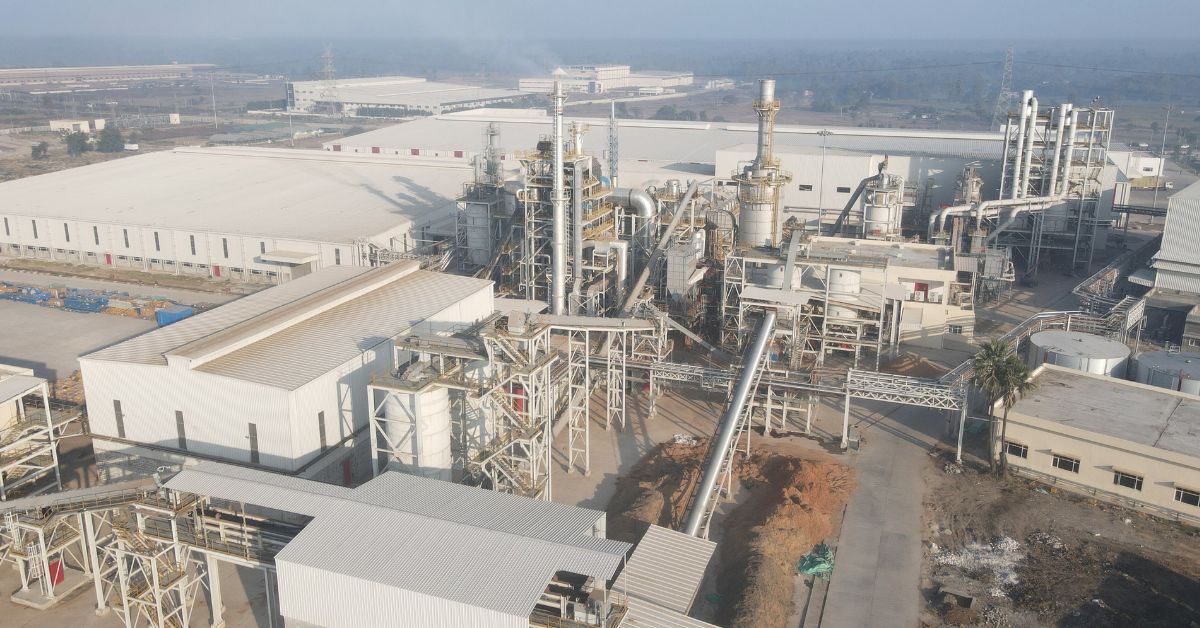
Reduce dependency on fossil fuels
Combustion is a core industrial process, and Merino uses controlled optimised combustion of any solid fuels — including biomass to produce energy and fly ash, which is then used to make bricks. Incomplete combustion, which produces numerous pollutants, is avoided.
“We use efficient latest-technology boilers and furnaces for controlled combustion,” Mr Lohia explains. Biogenic fuels, such as sawdust, rice husk, and biogas, constitute the majority of their biomass. Using these biofuels has a ton of advantages. Aside from the fact that their complete combustion does not produce much carbon monoxide, nitrogen oxides and sulphur oxides, the biofuels also prove to be sustainable.
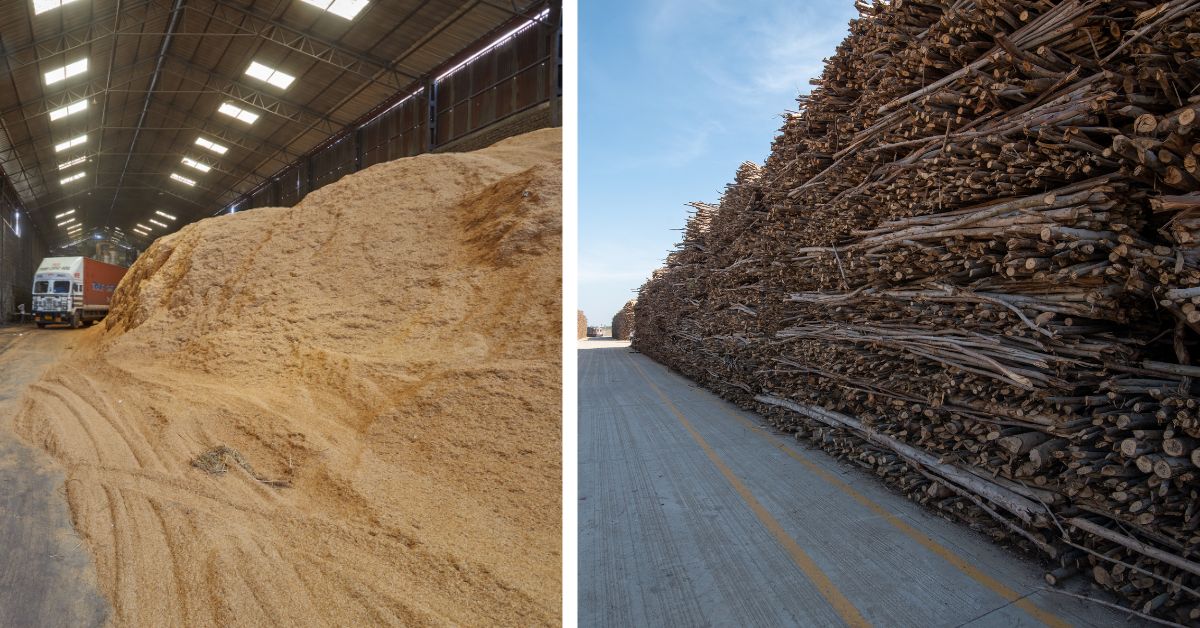
Mr Lohia explains that this owes to the fact that they are sourced from proximal locations. “This eliminates long-distance transportation and thus reduces the carbon footprint. It also saves on precious foreign exchange — coal and processed natural gases still have to be imported — and thus provides higher economic benefits to the suppliers who are from the agro segment,” he adds.
A portion of this waste is also directed to waste-to-energy plants along with firewood and biomasses, where advanced combustion technologies convert waste into thermal energy. Aside from these, the chimneys at Merino’s factories emit emissions devoid of carbon dioxide, nitrogen oxides and sulphur oxides (responsible for air pollution and earth warming); ensuring that the ambient air quality is well protected.
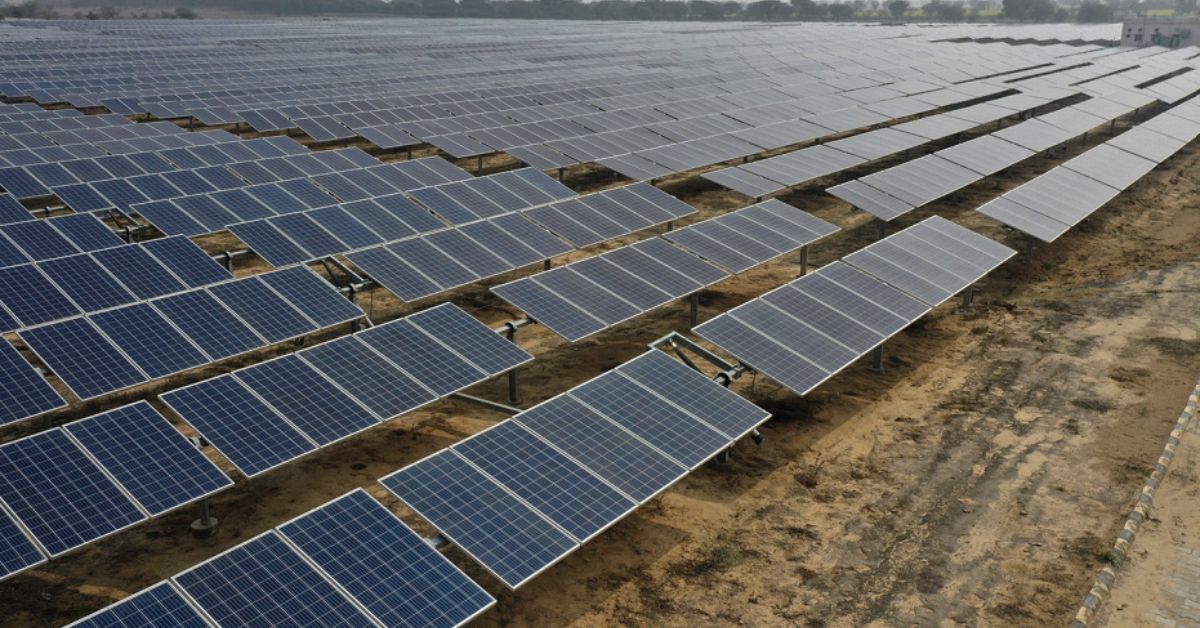
While Merino Industries has been an early adopter of solar energy, it has also been exploring renewable energy options from wind plants. The impact is notable. In the fiscal year 2023-24, only 18.2 percent of their energy needs were met with fossil fuels, 7.2 percent from State Electricity Boards (SEB) grids, and massive 74.6 percent from renewable sources. By 2027, they aim to exceed 90 percent from non-fossil fuel sources.
The company touched a milestone in the 2022-23 period, ensuring that 100 percent of the heat energy required (12.64 Lakh GJ) at the Rohad and Hapur factories was produced in-house using boilers and secondary furnaces, primarily from non-fossil fuels namely rice husk and saw dust.
Increase energy efficiency
Merino Industries is committed to achieving energy efficiency in every operation. Less energy consumption should yield more output. “We constantly upgrade electrical tools, appliances, and machinery, and bring in improved technology for operations, utilities, and lighting systems,” Mr Lohia notes.
Conservation
Energy consciousness extends beyond factories to every office at Merino Industries. Procuring and using energy-saving equipment, machines, and tools is key to conserving energy from the start. Natural light is promoted, and automatic lighting systems reduce manual intervention. “Conservation of energy is achieved through an eco-conscious work culture,” Mr Lohia explains, adding that automation and workforce education encourage responsible energy usage.
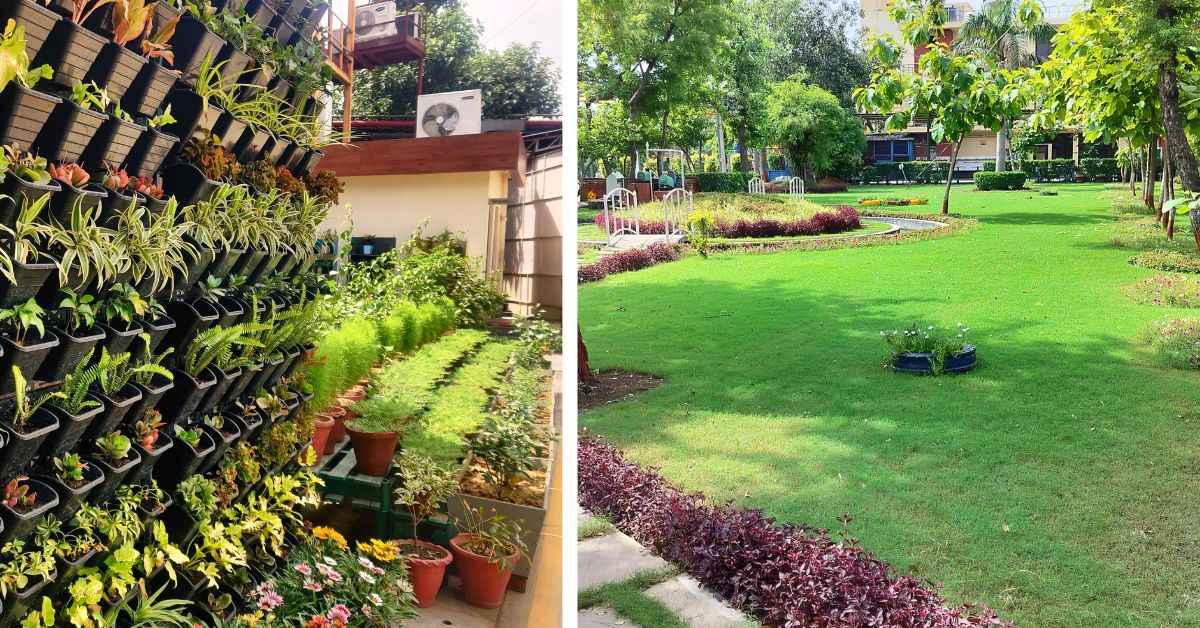
A gold standard for industry-level sustainability
Achieving 100 percent energy from renewable sources in the processing industry for process heat at Hapur and Rohad has been a challenging task at the industry level. However, Merino Industries’ achievements are significant. Mr Lohia believes this could serve as an example for industrial establishments worldwide. “It’s a massive task to change processes and mindsets. We’ve succeeded by doing everything indigenously,” he says.
He points out that strategic investment decisions, such as investing in automation tools and equipment, have long-term payoffs. A culture of energy consciousness, from top management to the bottom, is crucial. Simple actions, like switching off unnecessary lights or air conditioners, are encouraged.
Commercially, wealth must be created for stakeholders. At Merino Industries, this is done sustainably, maximising the circular economy concept, and aligning with the UN Sustainable Development Goals (SDGs). These principles are championed across their 22 establishments, five factories, and 18 offices.
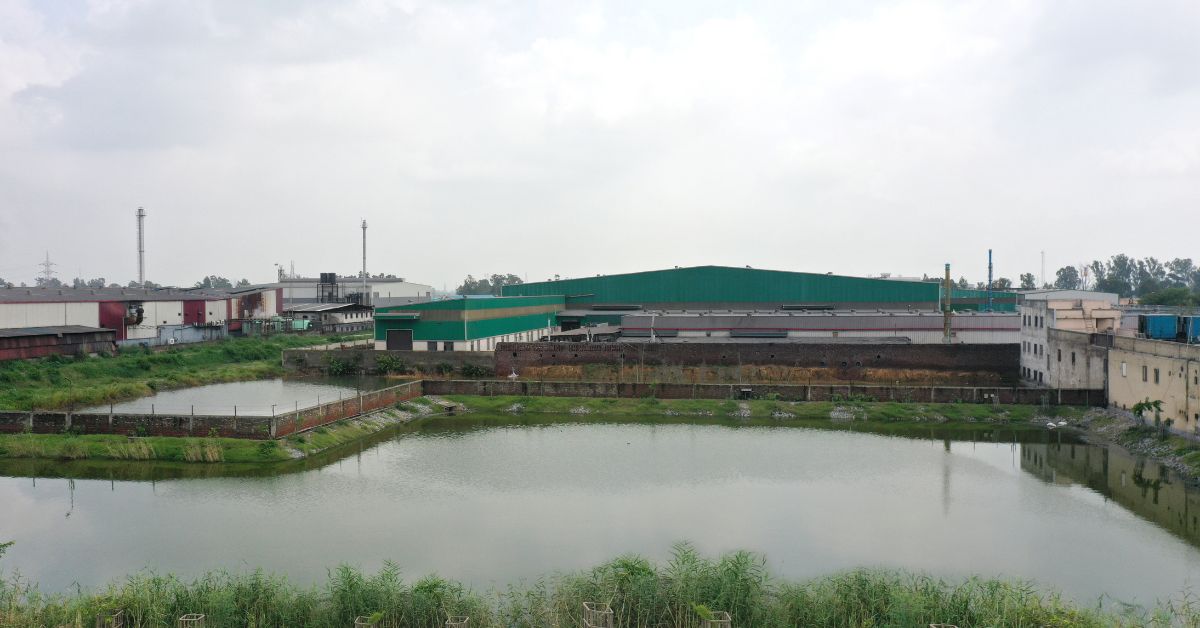
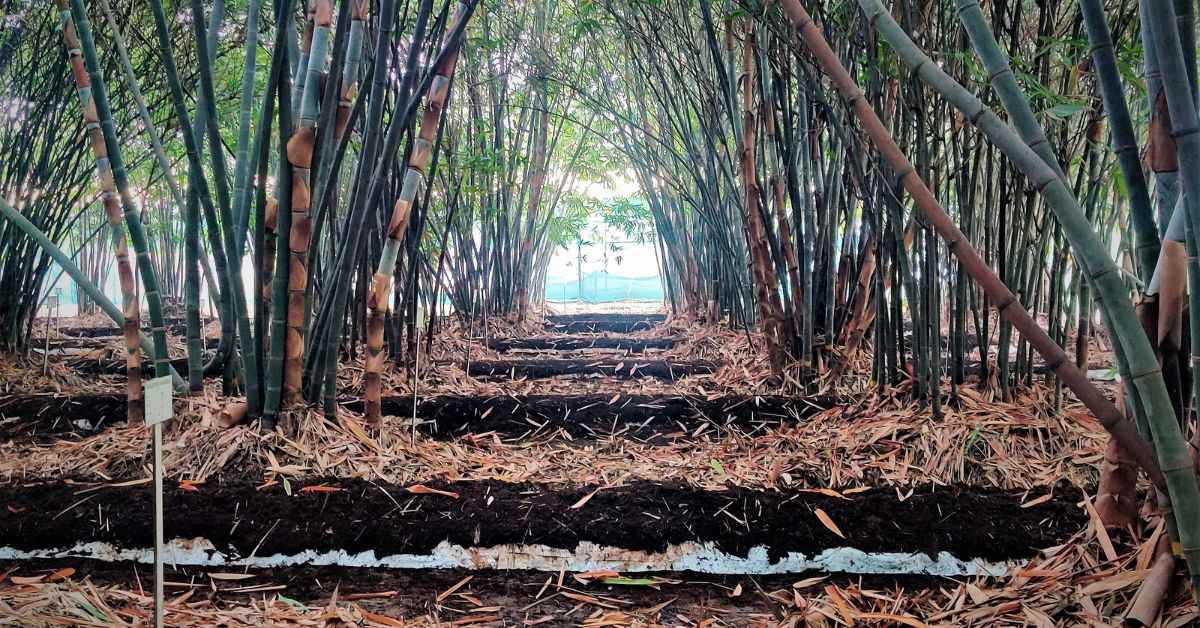
A success story is scripted in how over 75,000 metric tons of GHG (greenhouse gas) or tCO2e (metric tons of carbon dioxide equivalent) emissions in air were saved in the reporting year by utilising agro-residues (biogenic fuels) instead of coal in the boilers of the manufacturing facilities at the Rohad and Hapur plant of Merino.
Merino prides itself on collaborating with academia and integrating expert opinions in their industrial processes, as they attempt to align with sustainable goals. One of these collaborations was with Visvesvaraya National Institute of Technology (VNIT, Nagpur). The latter assisted Merino’s in-house expertise in assessing carbon footprint and accreditation as per ISO standards and also pitched in with insights on developing circular economy principle-based projects of the Nirmal Program.
A green energy proposition
An article in the Economic Times (February 2024) highlighted a report by India Rating and Research, noting that thermal power represents 75 percent of India’s total power generation. “While many industries use thermal power from fossil fuels, we are among the first to experiment with biomass,” Mr Lohia notes. This helps Merino Industries promote green fuel and support local communities in Hapur (Uttar Pradesh) and Rohad (Haryana) by ensuring consistent demand for agri-residues.

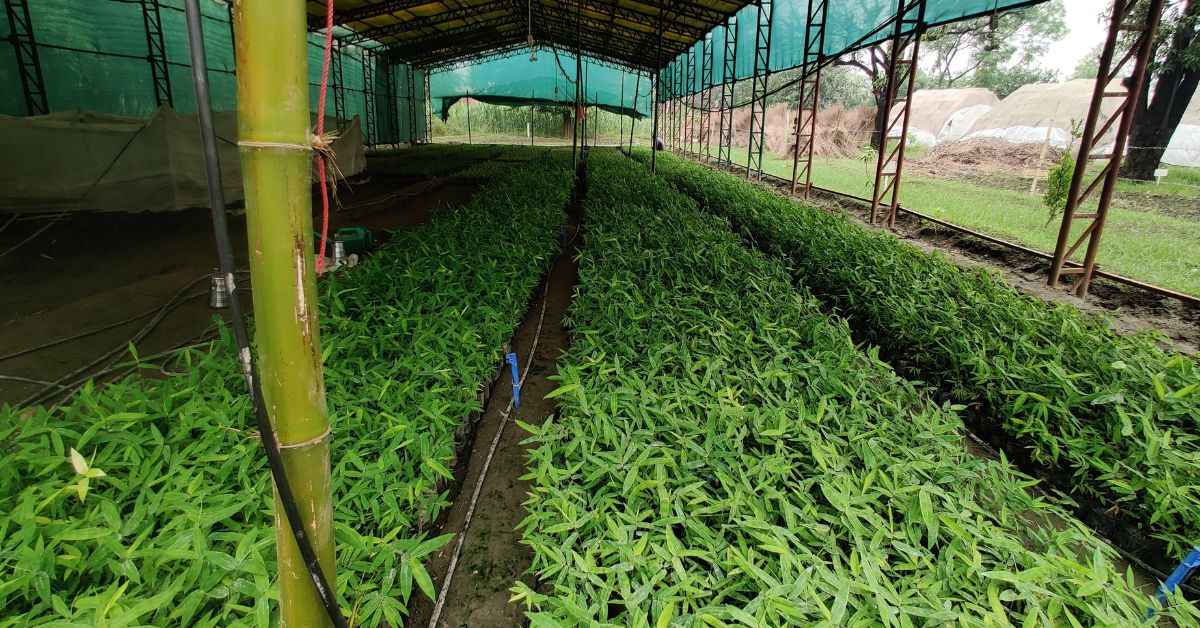
Aside from achieving energy efficiency using green fuels, Lohia says, “We also have turbines at Hapur that extract energy from the biomass furnaces. Their efficiency is increased following some retrofitting processes. A similar automation is done for heating and cooling systems.”
He adds that the motors at Merino Industries have been upgraded to IE3 technology, which promises premium efficiency while being environmentally friendly. Meanwhile, through the 10.59 MW solar power system, approximately 12.77 million kWh units of electrical energy are generated — which accounts for around 24 percent of the total electrical energy requirement.
Key features of Merino’s energy source include:
a) Procurement from the local community.
b) Production of around one million gigajoules of energy (FY2023-24), meeting the heat requirements of its processing units in Hapur (Uttar Pradesh) and Rohad (Haryana) through complete combustion technology.
c) Reduction of GHG emissions by approximately 95,000 MT of CO2 equivalent, which would have otherwise been generated from burning fossil fuels like coal.
d) Pioneering the use of biomass since 2005 and turbine technology in Hapur which extracts energy in electrical form.
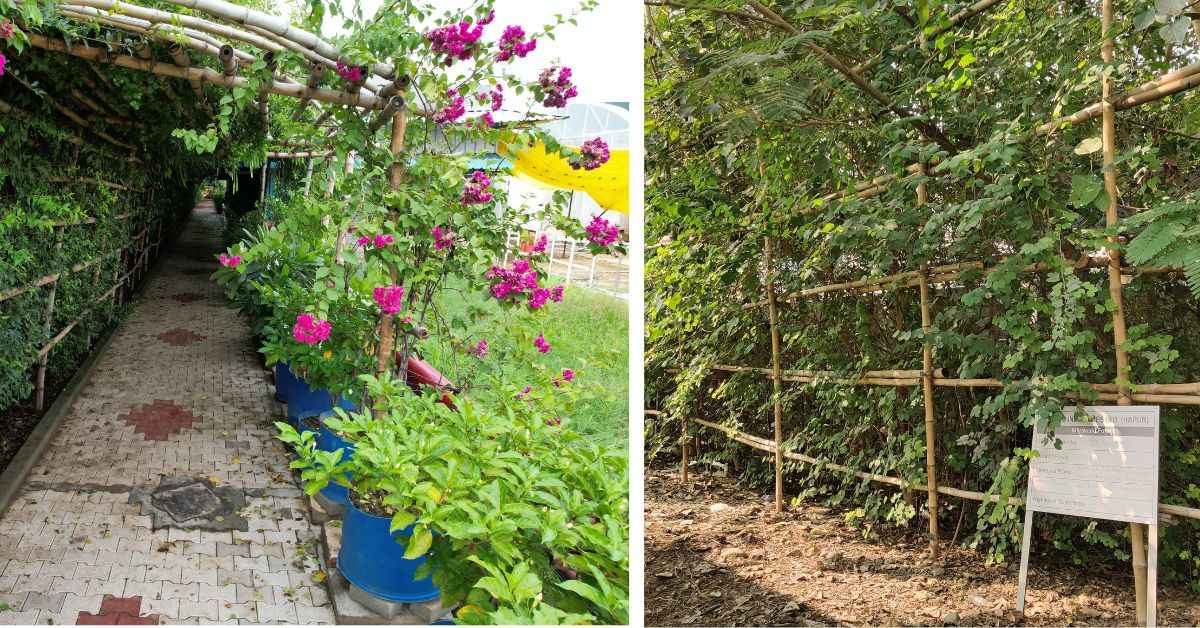
This roadmap has guided Merino Industries in achieving energy efficiency. Additionally, the company has expanded its focus to water, air, and soil, primarily relying on renewable resources and energy sources. Merino Industries is pursuing a ‘Water Neutrality Goal’ through efficient water management practices, striving to reduce emissions, and implementing measures to improve air quality while minimising greenhouse gas (GHG) emissions.
Mr Lohia notes that while any industry would attempt to maximise production in additional land available, at Merino, green practices have always been the priority. This has led to the development of Miyawaki forests (multi-layered forests consisting of native plant species) on the campus at Hapur.
Recognising that trees are integral for clean air, habitat preservation, livelihoods, watershed protection, soil erosion prevention, and climate change mitigation, Merino has set a target to increase green cover both within and outside factory premises, leading to the planting of over 20,000 tree saplings throughout India during 2023-2024.
The goal is to evolve as an industry but to do so sustainably. By blending expertise and resources, the company believes positive transformations can be driven in society. “Our strong belief is that by prioritising people, the planet, and sustainable product offerings, enterprises can thrive,” Mr Lohia concludes.
Edited by Pranita Bhat
No comments:
Post a Comment